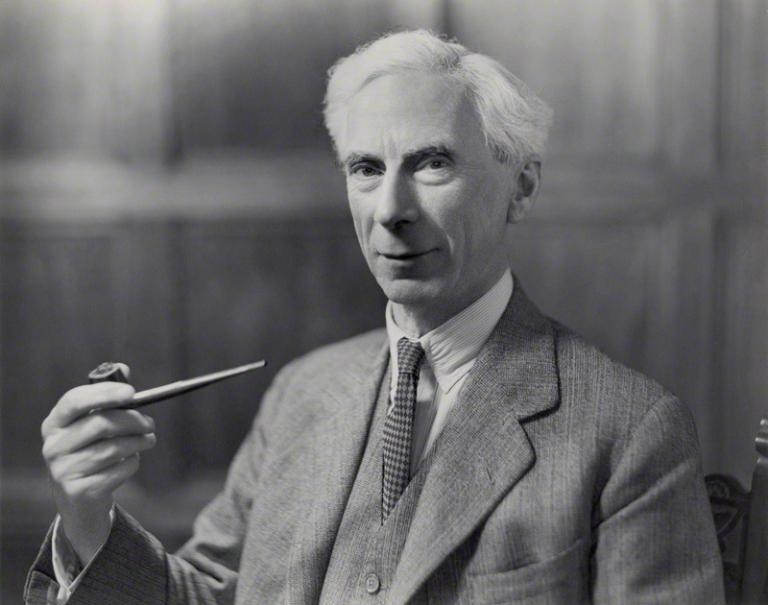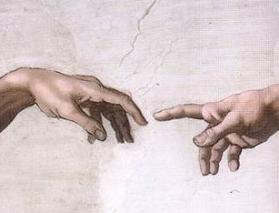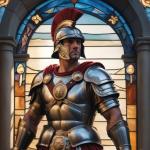
Some historical treatments of Christian theology present it as if it is a series of moves that import God to fill gaps in our scientific knowledge only to
retreat when the divine placeholder is no longer needed. I will leave that historiographical judgment for another time. So, please hold a place for it. For now, I simply wish to consider whether the Christian faith favors a life that is a grand escape or a great engagement.
Bertrand Russell wrote in Why I Am Not a Christian and Other Essays on Religion and Related Subjects,
Religion is based primarily upon fear. It is partly the terror of the unknown and partly as the wish to feel that you have a kind of elder brother who will stand by you in all your troubles and disputes. Fear of the mysterious, fear of defeat, fear of death. Fear is the parent of cruelty, and therefore it is no wonder if cruelty and religion have gone hand in hand. It is because fear is at the basis of those two things. In this world we can now begin a little to understand things, and a little to master them by help of science, which has forced its way step by step against the opposition of all the old precepts. Science can help us to get over this craven fear in which mankind has lived for so many generations. Science can teach us, and I think our own hearts can teach us, no longer to look around for imaginary supports, no longer to invent allies in the sky, but rather to look to our own efforts here below to make this world a fit place to live in, instead of the place that the churches in all these centuries have made it.
Is God an imaginary support? A crutch? An escape valve that offers us a way out from having to engage this world and its problems rather than make it a fit place in which to live? No doubt, for some it is. For others, just the opposite.
Regardless of what Bertrand Russell thought of religion and religious people as a whole, he collaborated with the great Christian scholar, missionary and activist Toyohiko Kagawa, whom Robert Schildgen hailed as an “Apostle of Love and Social Justice.” By no means afraid of science or this world’s struggles, Kagawa immersed himself in scientific enquiry and the needs of the impoverished and oppressed in Japan’s slums during his lifetime in service to Jesus Christ. In other words, he followed the “downward movement” of Jesus Christ in this world to embrace life, its scientific discoveries and people’s deep needs and existential challenges with an open mind and heart with the aim of building on the “upward movement” that is reflected in scientific achievements for the common good (See also Thomas John Hastings’ work on Kagawa titled Seeing All Things Whole: The Scientific Mysticism and Art of Kagawa Toyohiko (1888-1960).
Kagawa’s Jesus and exemplary Christian life reflect a trajectory from which all Christians can benefit. What kind of Jesus do we follow and project to others—one who escapes this world, its discoveries and its problems, or who engages this world head on for the sake of human flourishing?















